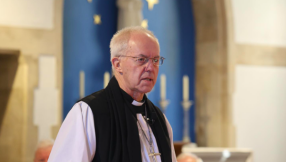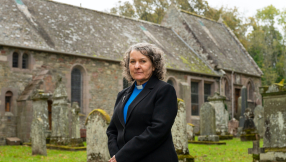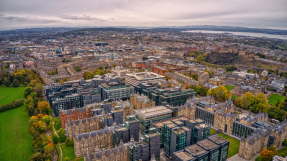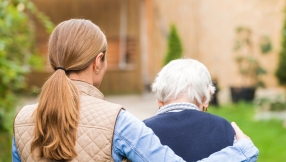Another day, another school shooting in America. On Wednesday, Nikolas Cruz killed 17 people at Marjory Stoneman Douglas High School in Parkland, Florida. He was a troubled youth who had signalled his intentions to anyone who had ears to listen. No one did, and he was able to purchase a deadly assault rifle quite legally.
It's another utter tragedy, leaving families broken and a community shattered.
And the same arguments over the same issues are rehearsed in the same words by the same people. Among them is the plea not to use this event to push for gun control, because now is a time for grieving, not for politics.
But sometimes, that's just the point at which politics becomes personal enough for something to change.
It's only February, and already in the US, according to Gun Violence Archive, 1,859 people have died by gun violence. Last year the total was 15,590. That's not counting suicides at around 22,000 a year, and not counting the injured.
So the violence continues and nothing happens because there isn't the political or social will to change anything.
To the rest of the world, the situation looks insane. No other nation on earth would put up with this level of violence if it could stop it. America accepts it as a price worth paying for the right to bear arms. Fanatical gun-rights campaigners resist any infringement on those rights.
The power of the evangelical vote – however it's defined – was demonstrated conclusively in the election of Donald Trump. Evangelicals tend to vote Republican and oppose gun control. So here's a suggestion, made with respect and humility, to the evangelicals who have the power to make change happen.
Think very hard about your rights, your responsibilities and your citizenship.
You value your rights under your constitution. That's good. But when our legitimate rights become toxic, the direct cause of death, injury and heartbreak for tens of thousands of people every year, Christians ought to be willing to lay those rights aside. We follow a Lord who did exactly that, laying aside his privileges for the sake of those who needed him (Philippians 2: 5-11).
You have a responsibility to the weak and vulnerable. This is a golden thread running through the whole of Scripture, from the establishment of the Sabbath through the fierce denunciations of the prophets to the merciful love of Christ to the poor and needy. This responsibility is to protect them from harm. The number of times this is done by a private citizen using guns legally is vanishingly small compared to the harm done by other private citizens using guns illegally.
Your citizenship is in heaven (Philippians 3:20). That is an extraordinary statement. It's a critique of every kind of nationalism. We don't take our values from those around us, the land where we happen to have been born, the laws under which we live, or the custom of the country. We bring our legal rights and privileges under the lordship of Christ.
In that light, resisting gun control on principle is faithlessness. Christians ought to be the first to call for serious talks about how to reduce the number of gun deaths in America. And if that means giving up some costly 'freedoms', evangelicals ought to be first in line. Because when freedom becomes an excuse for doing wrong, or allowing wrong, it's corrupted (Galatians 5:13).
Rights, responsibilities and citizenship: whom do we really serve?
Follow Mark Woods on Twitter: @RevMarkWoods













